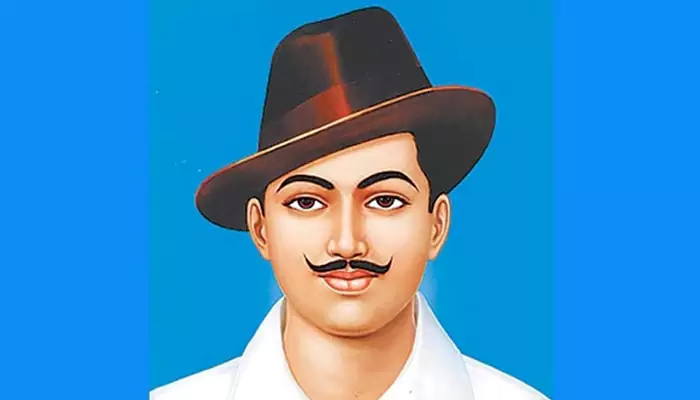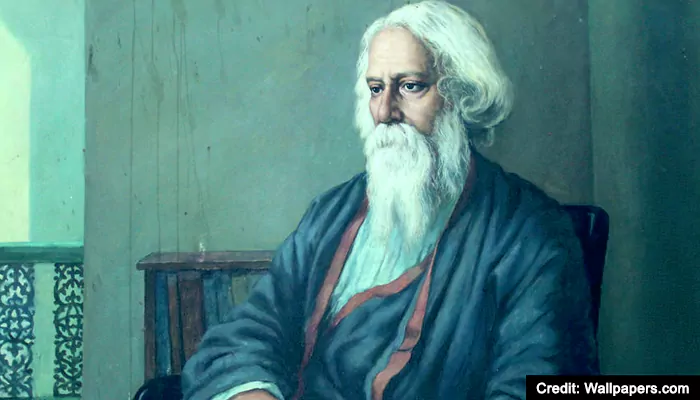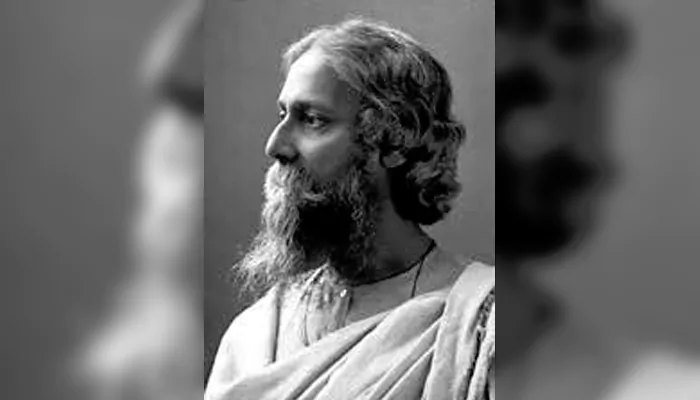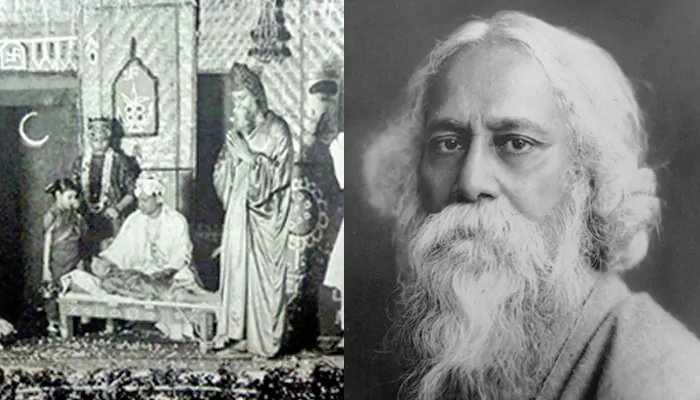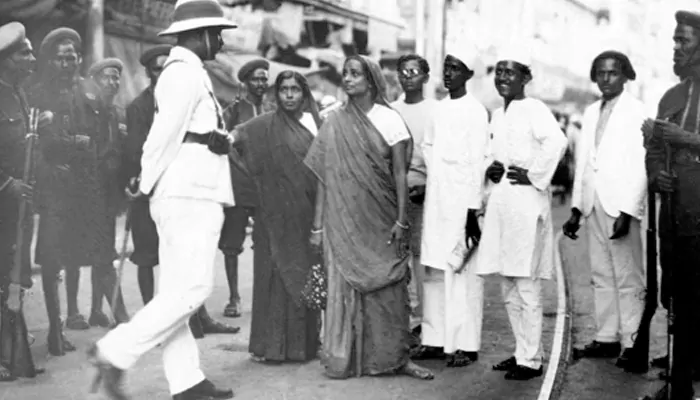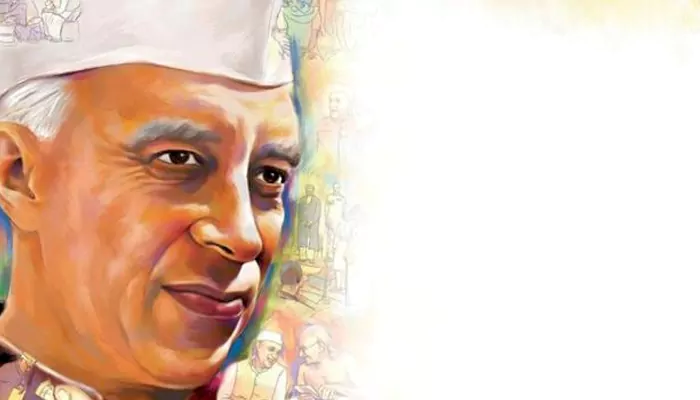The History Of The Nobel Prize

There has never been someone quite like Alfred Nobel. Despite his humble beginnings as the third of eight children, he rose to prominence as a leading businessman and innovator.
Later, the family's financial situation was improved by his engineering father, Immanuel, who had a hand in creating the first naval mines to be used effectively in battle. Alfred met the inventor of nitroglycerin, Ascanio Sobrero, while he was a young man studying the natural sciences. Soon, he invented dynamite, a safer way to harness the new compound's explosive potential. He also developed the blasting cap and even more potent explosives. He acquired over 300 patents and created many weapon production facilities.
Nearly US$300 million was in his name in 1896 when he passed away.
Why The Nobel Began Awarding Awards?
According to legend, Ludvig Nobel, Alfred Nobel's brother and the man responsible for launching Russia's oil industry, passed away in 1888. European media confused Ludvig with Alfred. They celebrated his death and published obituaries talking about him in a negative manner.The stories may have inspired Nobel to use his money from armaments manufacture to create awards that honor those who have done the most to improve humankind.
The Nobel Prizes in Chemistry, Literature, Medicine/Physiology/Drugs, Physics, and Peace were all established in Nobel's third and final will, written in 1895. He passed away the next year, and in 1901, the inaugural awards were presented.
The inventor and engineer Nobel's decision to establish a prize for chemistry and physics was a no-brainer, but the justification for a reward for peace is more nebulous.
Nobel may have wanted to make amends for dynamite, his other harmful inventions, and his extensive commercial dealings in the arms trade. Although he had multiple relationships with women, he never married and hence had no direct heir to bequeath his riches to.
An Honor That's Not Without Contention
The Nobel Peace Prize has generated the most heated debate. The vagueness of the idea of peace contributes to the discussion around the peace award. George C. Marshall, head of the Red Cross and creator of the Marshall Plan to reconstruct Europe after World War II, was awarded the prize in 1953. Tacitly admitting that force may be an essential weapon of peace, Marshall had also been commander of U.S. armed troops throughout the war and U.S. secretary of defense.In contrast, Mother Teresa, who won the prize in 1979 and is now revered as Saint Teresa of Calcutta by the Catholic Church, did not play a direct role in negotiating treaties between nations but rather founded the Missionaries of Charity, a religious order with over 5,800 members in over 100 countries.
What does it mean to live in peace?
One of the greatest contributions of the Nobel Peace Prize is the annual spark it provides for a global conversation on peace. Is the sheer absence of violence defining peace, or does it also imply the presence of justice and goodwill?While it's doubtful that everyone will agree on its precise meaning, and debate will continue to swirl around particular honorees, Nobel's greatest legacy may be the acknowledgment of peace as a universal human goal.

